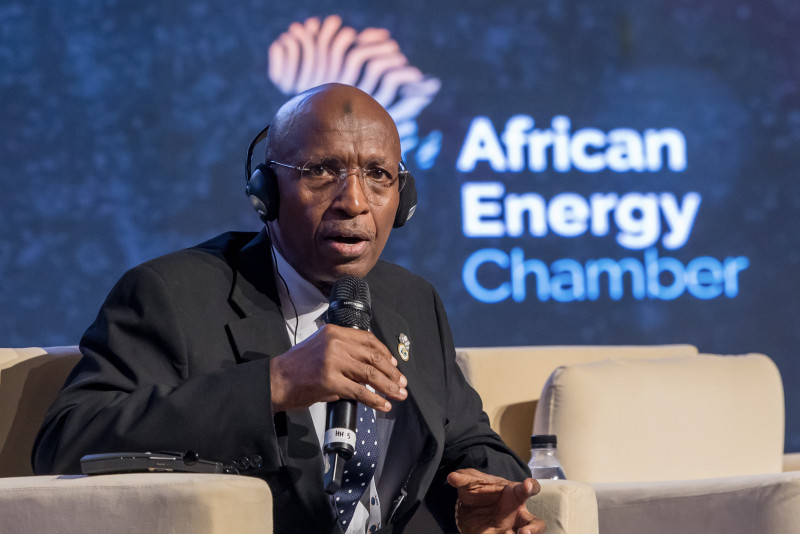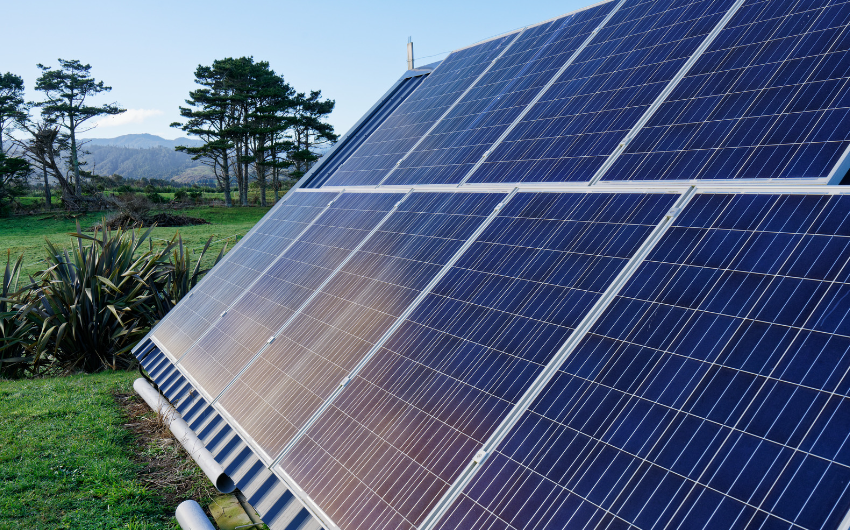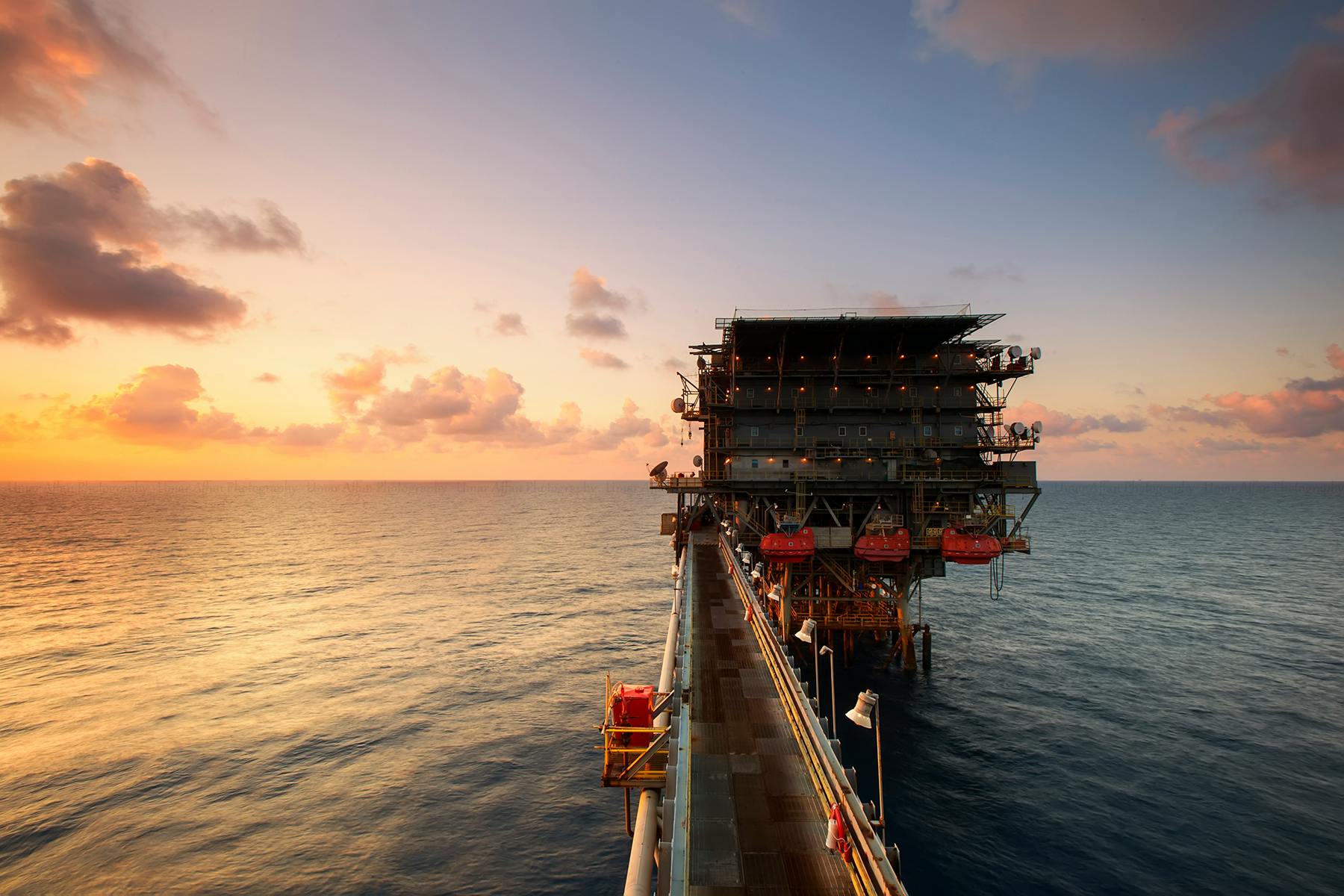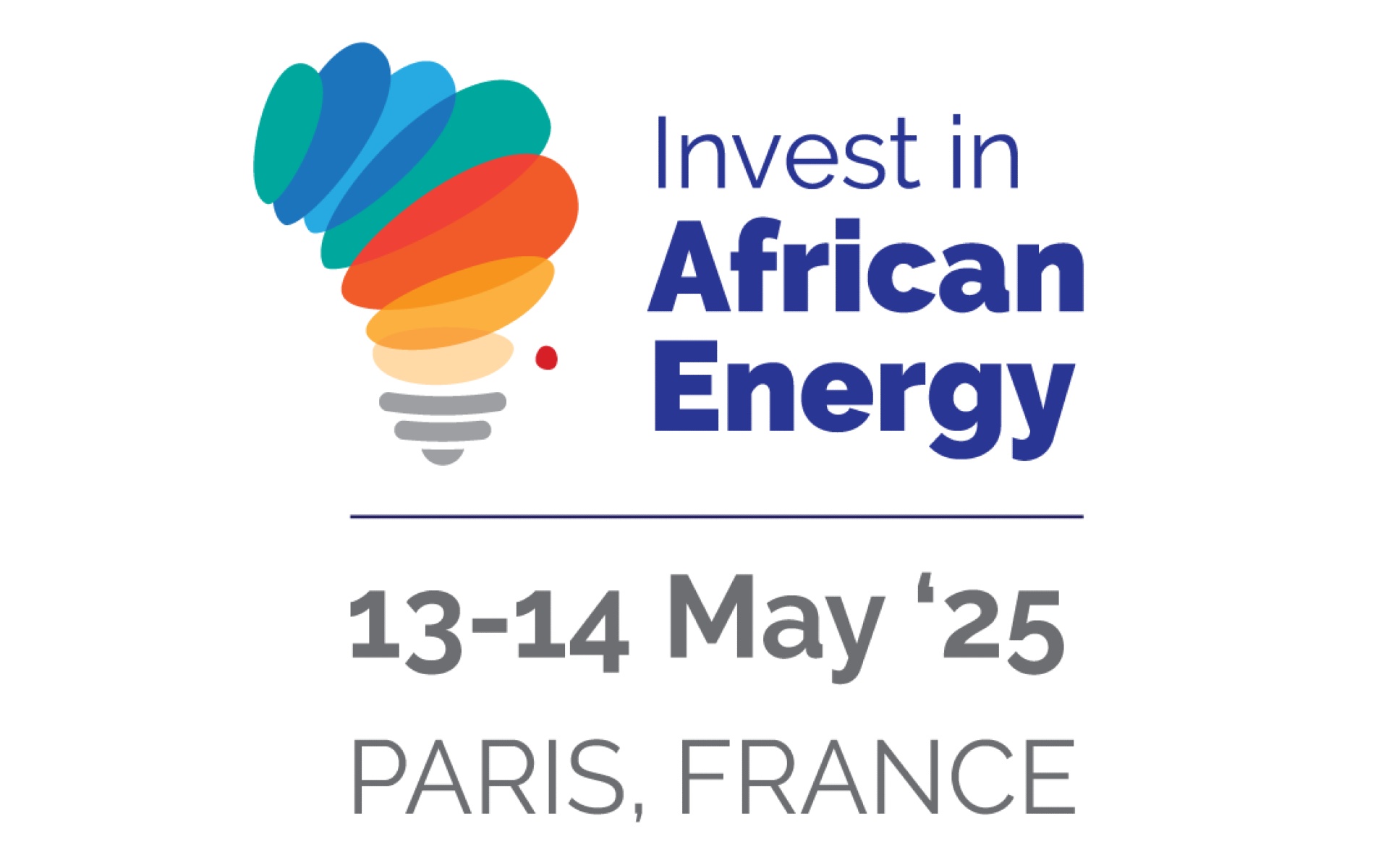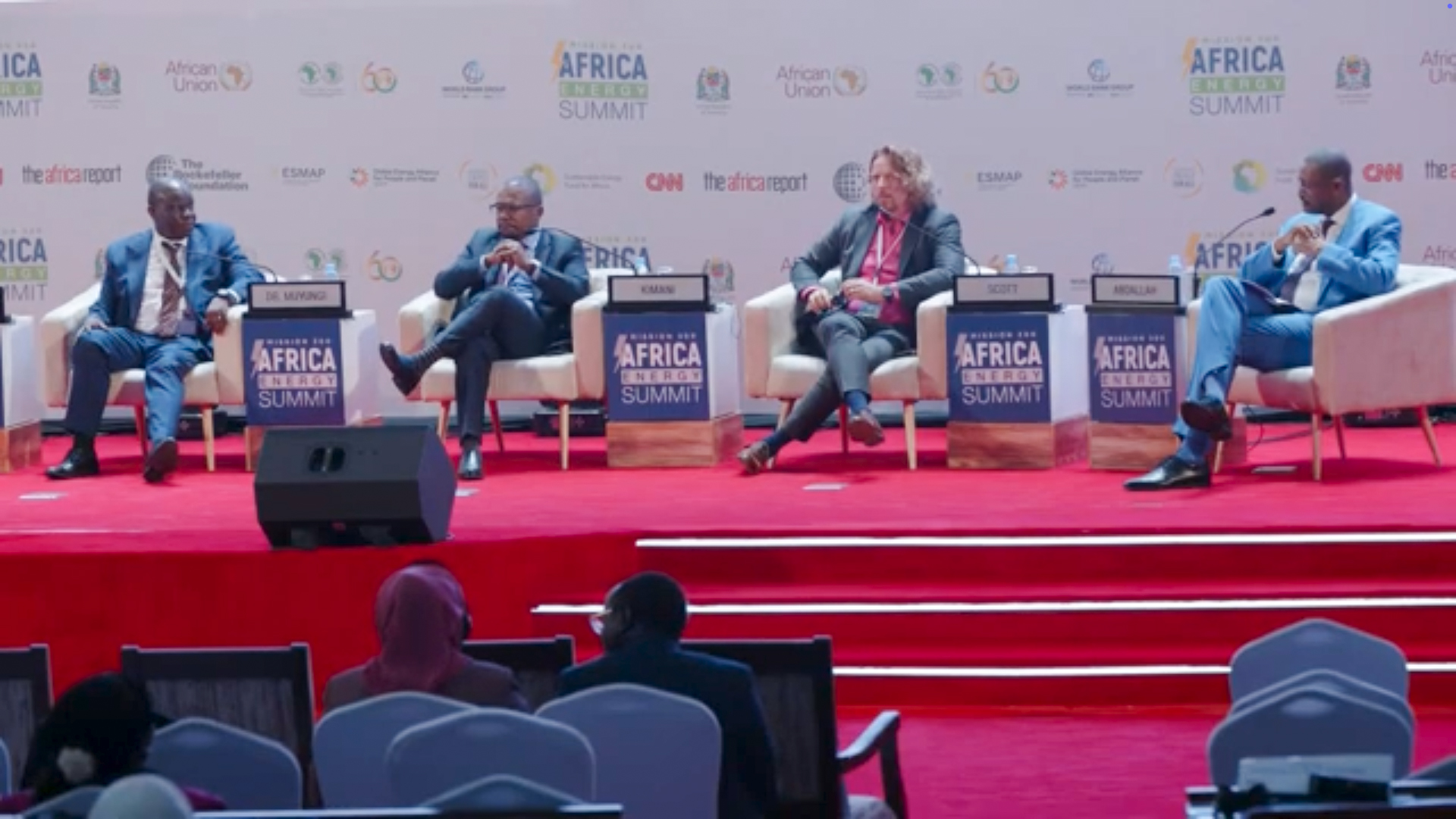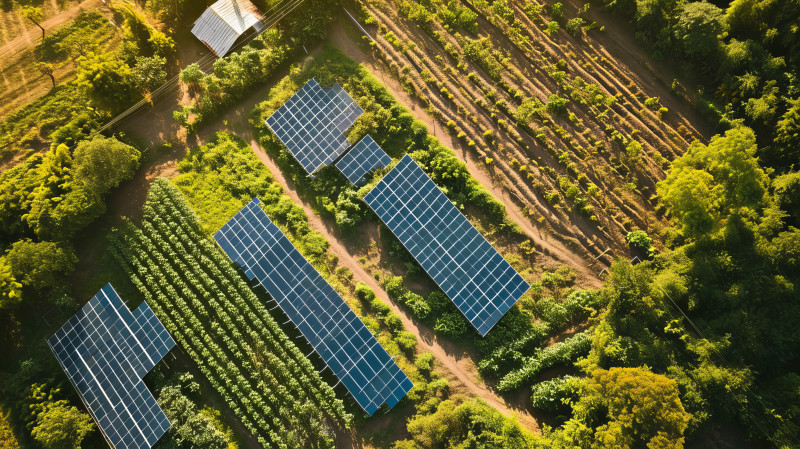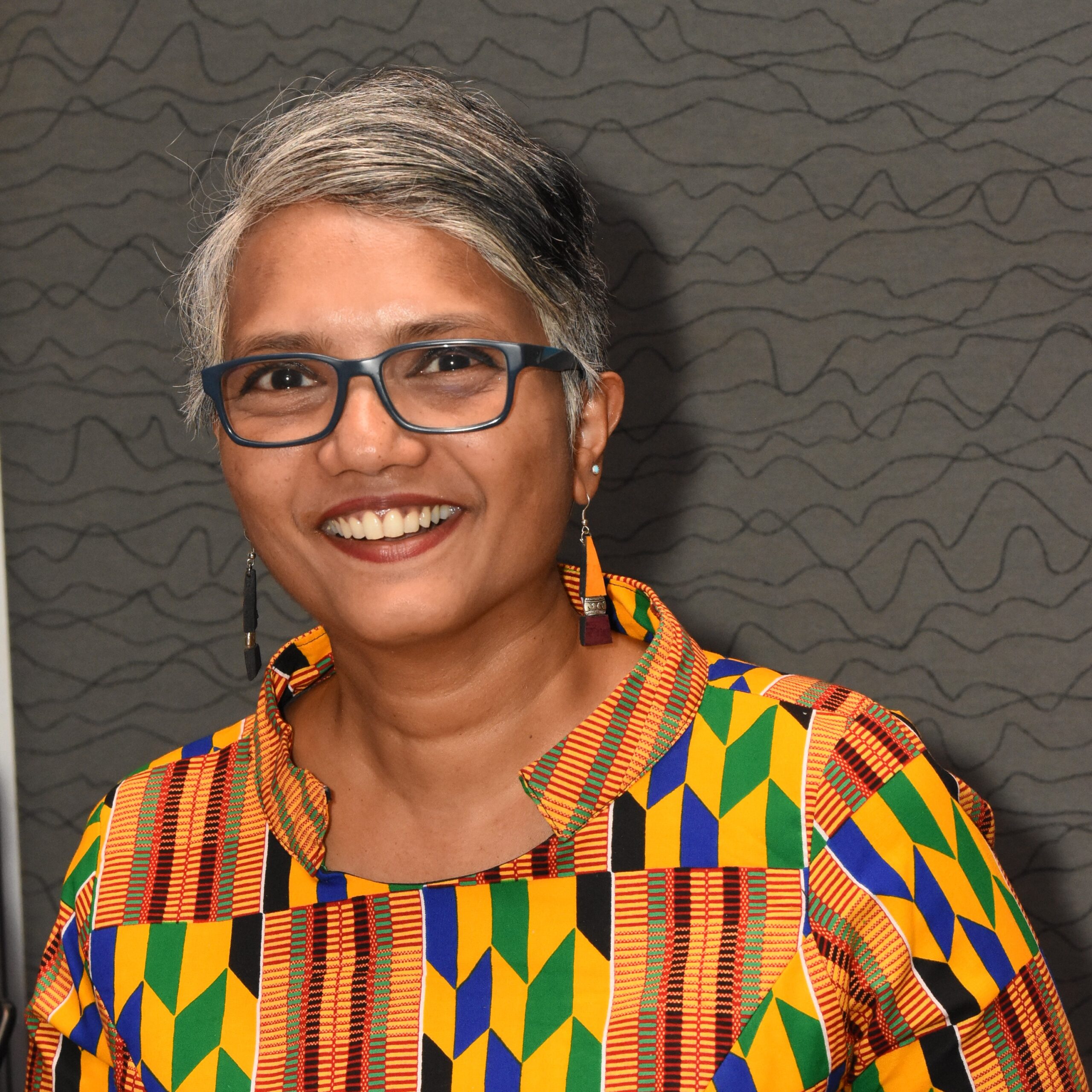DAR ES SALAAM, Tanzania, January 29, 2025/ — Thirty African Heads of State and government today committed to concrete reforms and actions to expand access to reliable, affordable, and sustainable electricity to power economic growth, improve quality of life, and drive job creation across the continent.
The leaders pledged their commitment in a declaration during the two-day Mission 300 Africa Energy Summit in the Tanzanian commercial capital, Dar es Salaam. Mission 300 partners pledged more than $50 billion in support of increasing energy access across Africa.
The Dar es Salaam Energy Declaration represents a key milestone in addressing the energy gap in Africa, where more than 600 million people currently live without electricity.
The commitments in the Declaration are a critical piece of the Mission 300 initiative, which unites governments, development banks, partners, philanthropies, and the private sector to connect 300 million Africans to electricity by 2030. The Declaration will now be submitted to the African Union Summit in February for adoption.
By addressing the fundamental challenge of energy access, Mission 300 serves as the cornerstone of the jobs agenda for Africa’s growing youth population and the foundation for future development.
Twelve countries—Chad, Côte d’Ivoire, Democratic Republic of Congo, Liberia, Madagascar, Malawi, Mauritania, Niger, Nigeria, Senegal, Tanzania, and Zambia—presented detailed National Energy Compacts that set targets to scale up electricity access, increase the use of renewable energy and attract additional private capital.
These country-specific plans are time-bound, rooted in data, endorsed at the highest level and focus on affordable power generation, expanding connections, and regional integration.
They aim to boost utility efficiency, attract private investment, and expand clean cooking solutions. Deploying satellite and electronic mapping technologies, these compacts identify the most cost-effective solutions to bring electricity to underserved areas.
“Tanzania is honored to have hosted such a monumental summit to discuss how, as leaders, we will be able to deliver on our promise to our citizens to provide power and clean cooking solutions that will transform lives and economies,” said H.E. Dr. Samia Suluhu Hassan, President of the United Republic of Tanzania.
Implementing the National Energy Compacts will require political will, long-term vision and the full support from Mission 300 partners. Governments are paving the way through comprehensive reforms, complemented by increased concessional financing and strategic partnerships with philanthropies and development banks to catalyze increased private sector investment.
Dr. Akinwumi A. Adesina, President of the African Development Bank Group, emphasized the need for decisive action to accelerate electrification across the continent. “Critical reforms will be needed to expand the share of renewables, improve utility performance utilities, ensure transparency in licensing and power purchase agreements, and establish predictable tariff regimes that reflect production costs.
Our collective effort is to support you, heads of state and government, in developing and implementing clear, country-led national energy compacts to deliver on your visions for electricity in your respective countries.”
“Access to electricity is a fundamental human right. Without it, countries and people cannot thrive,” said Ajay Banga, President of the World Bank Group. “Our mission to provide electricity to half of the 600 million people in Africa without access is a critical first step. To succeed, we must embrace a simple truth: no one can do it alone. Governments, businesses, philanthropies, and development banks each have a role—and only through collaboration can we achieve our goal.”
During the summit, partners announced a series of commitments:
- African Development Bank Group and the World Bank Group plan to allocate $48 billion in financing for Mission 300 through 2030, which may evolve to fit implementation needs
- Agence Francaise de Development (AFD): €1 billion to support energy access in Africa
- Asian Infrastructure Investment Bank (AIIB): $1 billion to $1.5 billion to support Mission 300
- Islamic Development Bank (IsDB) Group: $2.65 billion in support of Mission 300 and energy access in Africa from 2025-2030
- OPEC Fund: An initial commitment of $1 billion in support of Mission 300 with additional financing to follow
- World Bank Group and the African Development Bank Group: Launched Zafiri, an investment company that supports private sector-led solutions, such as renewable mini-grids and solar home systems. Zafiri anchor partners will invest up to $300 million in the first phase and mobilize up to $1 billion to address the persistent equity gap in Africa in these markets.
The firm commitments made by governments and partners at the summit demonstrate the unique power of the Mission 300 partnership. By combining government reforms, increased financing, and leveraging public-private partnerships, African countries are positioned to turn plans into action, delivering tangible benefits to millions of people.
The Mission 300 Africa Energy Summit was hosted by the United Republic of Tanzania, the African Union, the African Development Bank Group (AfDB), and the World Bank Group (WBG), with support from the Rockefeller Foundation, ESMAP, Global Energy Alliance for People and Planet (GEAPP), Sustainable Energy for All (SEforALL) and the Sustainable Energy Fund for Africa.
Distributed by APO Group on behalf of African Development Bank Group (AfDB).
